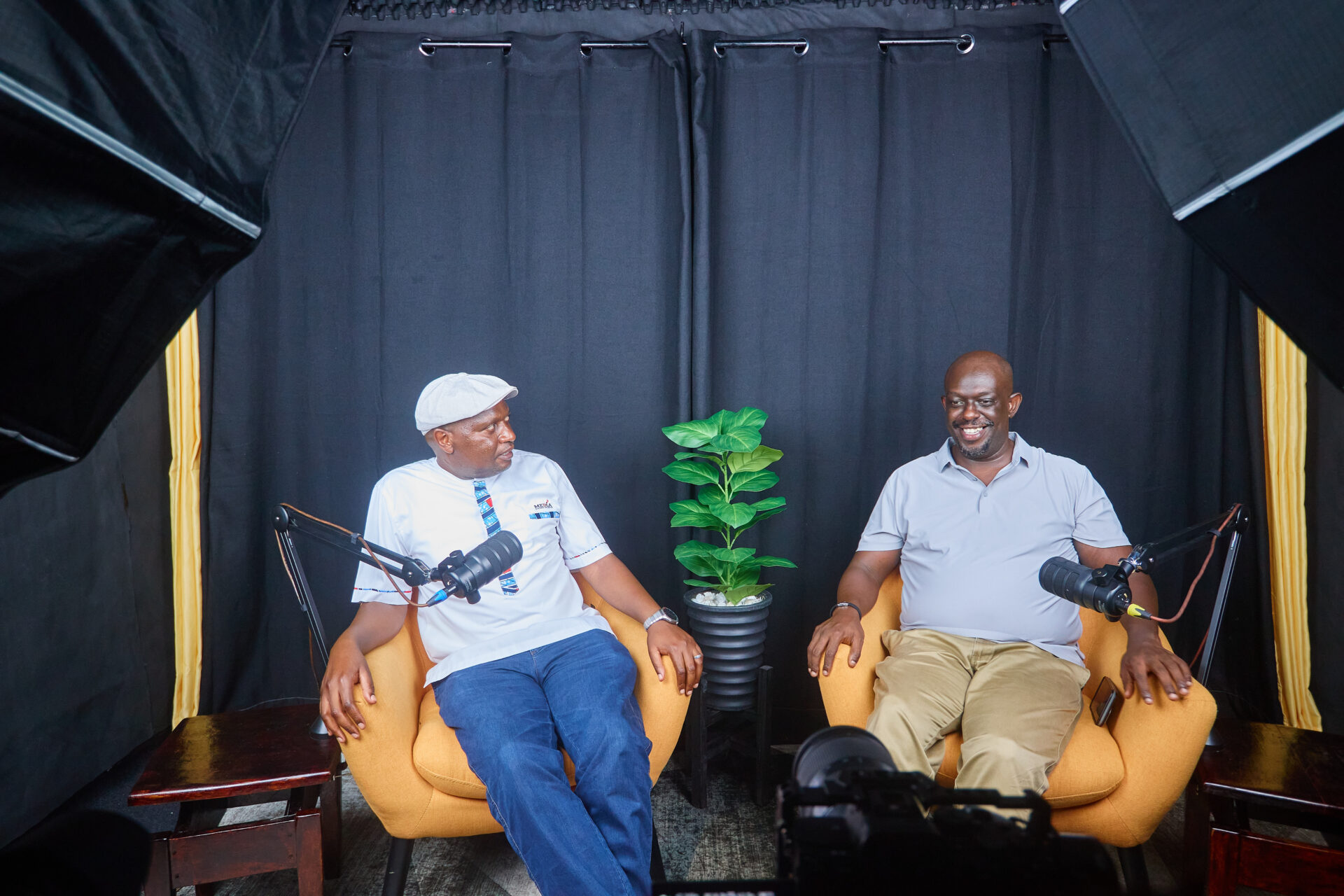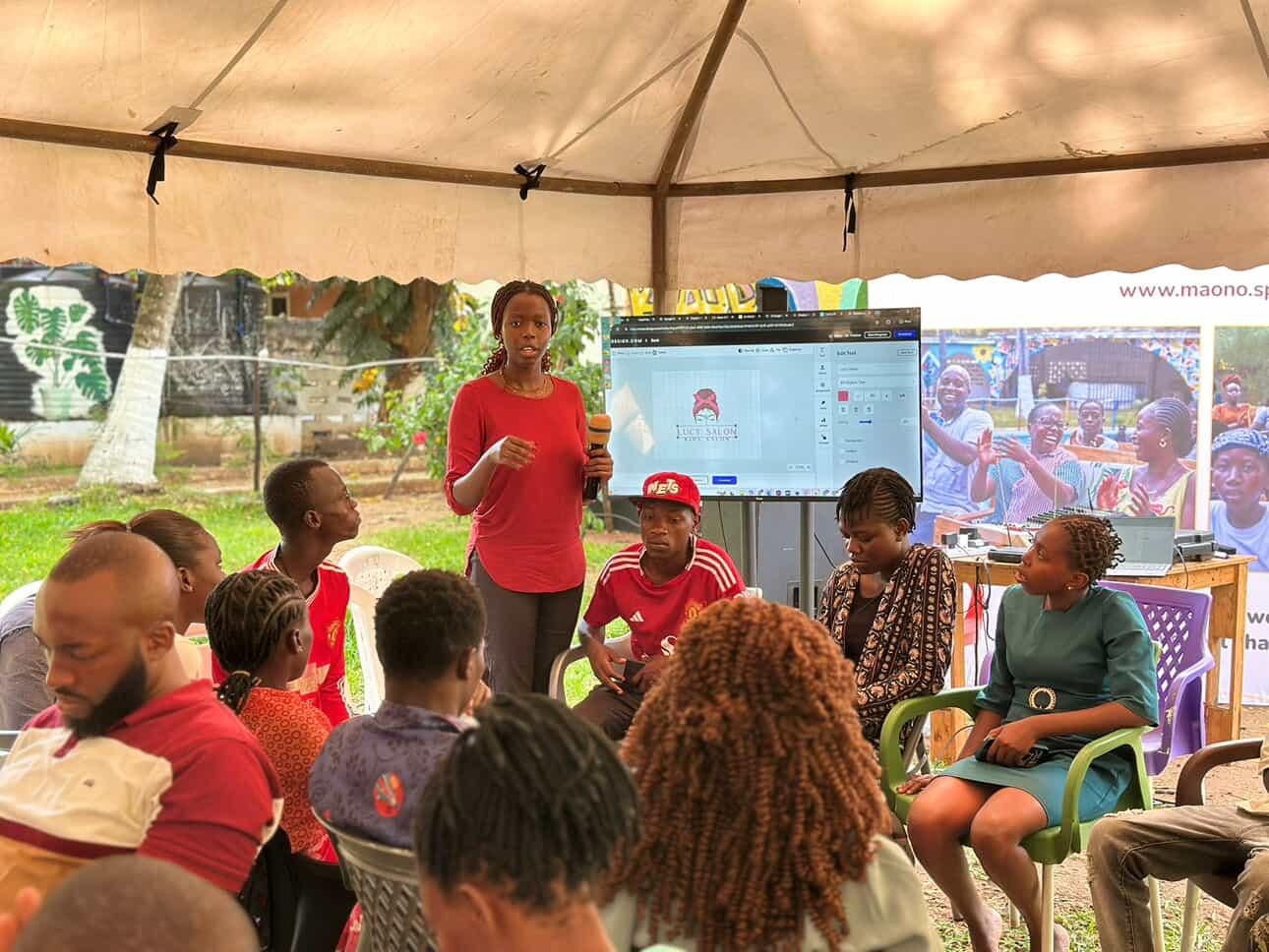The Restore Data Rights initiative was born out of necessity; we realised that personal digital rights were being exploited with the COVID-19 pandemic as a catalyst. We presently comprise of six partners across Africa; Paradigm Initiative (Nigeria), Africa Digital Rights Hub (Ghana), Tom Moultrie (Professor of Demography, University of Cape Town) (South Africa), Media Rights Agenda (Nigeria), Open Institute (Kenya) and Amnesty International (Kenya).
Restoring Data Rights in Africa Pre and Post COVID-19
In March 2020, the World Health Organization (WHO) declared COVID-19 a pandemic due to the speed at which COVID-19 was spreading globally. Different countries rushed to put in place preventive measures to stop and lower the rate of infections. The preventive measures included; country partial/full lockdowns, international border closures, social distancing, stay home directives and self/government-imposed quarantine for travellers arriving from different countries. Contact-tracing was introduced/promoted as a data-driven approach that would play a vital role in aiding countries to lower the rate of infection through track and trace.
Contact tracing is the process of identifying, assessing, and managing people who have been exposed to a disease to prevent onward transmission and following them up daily for 14 days from the last point of exposure.
The World Health Organization (WHO)
However, the use of contact tracing applications by governments across the world especially in Africa is not without risks to citizens. Data used for contact tracing may upend some of our fundamental rights, such as, the right to know which/how information is used, the right to say no to information sharing and the right to assemble. Many are enshrined in national legal frameworks and international treaties because the applications will require our personal data.
Whereas in unique cases – like a public health crisis (COVID-19 pandemic) – the use of these applications can be legitimised, the right conditions must be in place. Best practice is through the enactment of data protection safeguards anchored by the principles of good data governance; transparency, inclusivity and accountability. Without these safeguards, citizens are left vulnerable to exploitation through data breaches, sale of personal identifier information, government surveillance, and any other purposes other than those relating to COVID-19.
The #RestoreDataRights Movement envisions…
- An Africa where citizens know what their data is being used for and by whom. A good example is the knowledge that the state has used data for contact tracing only; and that after the pandemic, they will not continue using it and if they do, then they will notify citizens. This will enable governments to build trust through creating transparency, inclusivity and accountability with its citizens.
- That civil society organisations in Africa will understand these nuanced details about digital rights and collectively work together with governments and other stakeholders to promote these rights. Additionally, with the right approaches and frameworks, the fine line between the data-for-development and the data rights movement can be drawn – without compromise being made by either constituency.
- Lastly, based on some polls and meetings we have conducted, there is general mistrust by citizens when it comes to trust-building on data governance issues with states. The initiative envisions African citizens who understand and advocate for their digital rights and their rights to privacy of their personal data.
How?
The first will be the #RestoreDataRights Declaration that we want citizens and civil society to sign and African governments to endorse committing to transparency, inclusivity and accountability of data governance in Africa during and after the pandemic is over. We are planning a launch of the declaration on 11th November 2020.
Thereafter, we shall undertake advocacy activities that will promote country and regional-based activities that promote the respect and protection of fundamental digital rights during and after the COVID-19 pandemic.













